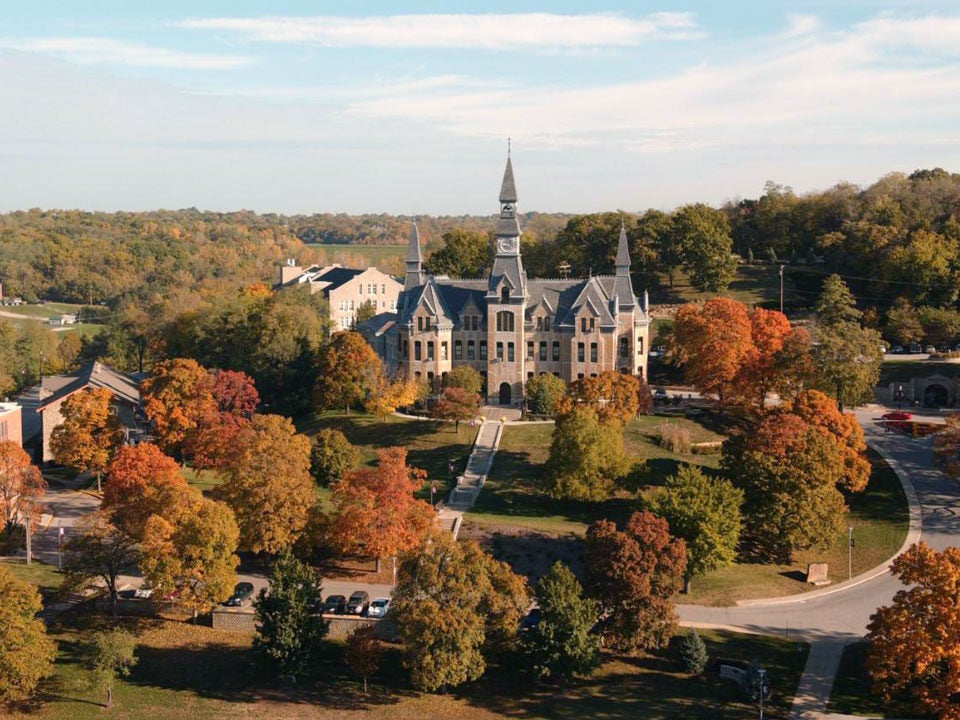On-Campus
Program Available
Bachelor's
Program Type
Total Credits
120
Affordability
Private School Education At State School Prices
Program Available
Program Type
120
Private School Education At State School Prices
A biology degree is an excellent choice for students planning to pursue graduate studies or professional training in fields such as medicine, veterinary care, or research. The degree offers two concentrations, General Biology and Pre-Health Professions, allowing students to tailor their education to their career goals. With opportunities to conduct research alongside faculty mentors and take rigorous, medically relevant courses, students build strong academic and practical foundations. Park University’s Bachelor of Science in Biology also provides personalized advising and resources to support students through every step of their academic and professional journey.
Park University offers a transparent and student-focused approach to tuition and financial aid. Our tuition structure is designed to be competitive and manageable, and our financial aid counselors are available to guide you through every step of the process. From understanding your cost breakdown to exploring funding options, we ensure that financial planning is clear, personalized, and aligned with your educational journey.
Ready to take the next step in your education? Park University welcomes applicants with a high school diploma or equivalent who meet our undergraduate admission standards. Bachelor’s degrees require 120 credit hours, including coursework tailored to your major and core academic skills. To graduate, you’ll need to maintain a 2.0 GPA in your major and complete at least 30 credit hours at Park to meet the residency requirements, 15 of which must be earned in the major core. Whether you’re starting fresh or transferring in, we’re here to help you build a strong foundation for your future.
Visit Admissions Policies and Procedures to learn more about admission requirements at Park University.

*General salary and employment outcomes vary by geographic area, previous work experience, education and opportunities for employment that are outside of Park University’s Control. The labor market and average salary range can be explored further at the U.S. Bureau of Labor and Statistics.
The BS in Biology at Park University emphasizes scientific rigor and lab-based coursework, making it ideal for students pursuing careers in medicine, biotechnology, or environmental science. Compared to the BA in Biology, the BS includes more math and science credits, preparing students for graduate programs and research-intensive roles in the life sciences.
Yes, Park’s BS Biology degree allows students to tailor their coursework toward specific interests such as molecular biology, ecology, or biomedical science. Faculty mentorship and elective options support students in building a focused academic path aligned with career goals in research, healthcare, or conservation.
Yes, Park University’s BS Biology program features extensive lab-based coursework in areas like microbiology, genetics, and cell biology. Students gain practical experience using industry-relevant techniques and equipment, preparing them for careers in biotechnology, pharmaceutical development, and clinical research environments.
Yes, Park offers a 4+1 pathway that allows eligible bachelor’s in biology majors to start graduate coursework during their senior year. This accelerated option is ideal for students planning to pursue a master’s in public health, environmental science, or biomedical research, helping them save time and tuition while advancing their academic and career goals.
Class Start Dates: Term Dates